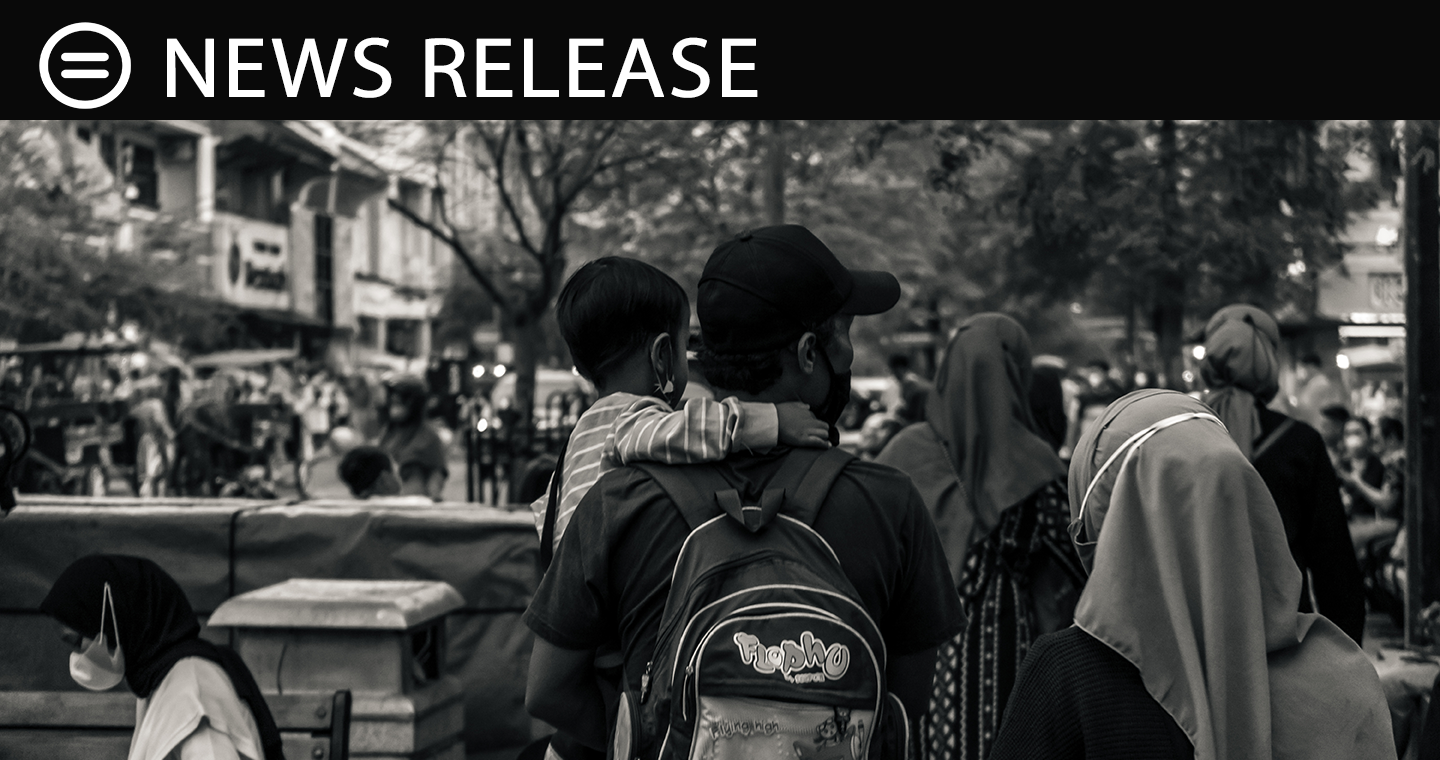Historic Census Undercount of Black Americans Robs Communities of Billions in Funding and Fair Political Representation

National Urban League Calls for Congressional Hearings to Document Census Undercounts and Identify Federal Funding Implications for Historically Undercounted Communities
NEW YORK -- A historic undercount of Black Americans in the 2020 Census could rob Black communities of billions of dollars in federal funding and the equivalent of almost three seats in the House of Representatives, National Urban League President and CEO Marc H. Morial has warned.
“This isn’t simply an unfortunate accident,” Morial said. “It’s the result of a deliberate campaign of sabotage intended to steer political influence and public resources away from communities of color. From a racially-motivated attempt to add a citizenship question to ending the counting early, the Trump administration made every effort to manipulate the census for partisan gain.
As the Los Angeles Times editorial board wrote late last year:
Much as he has done to other governmental institutions, President Trump has swung a wrecking ball through the census. In his zeal to use the decennial headcount to hurt Democrats and help Republicans in future elections, Trump has destabilized a process that determines how many seats in Congress each state will have, as well as guiding how congressional and state legislative districts will be drawn.
The National Urban League is calling for hearings in the House of Representatives to determine the extent of political interference in the Census and the immediate passage of federal voting rights legislation to prohibit racially-motivated gerrymandering of Congressional districts.
Furthermore, Morial said, the Census Bureau should expedite the release of more detailed operational data below the state level to determine where the problems occurred, so local decision makers can determine where the needs are.
Black Americans have been undercounted in every Census since 1790, when we were counted as three-fifths of a person. But an independent analysis found that the 2020 undercount may be three times worse than the last Census in 2010, and the undercount of Black children under 18 may be 10 times worse.
“In other words, about 2 million Black Americans went uncounted,” Morial said. “It could be the worst undercount in decades.”
Over the next 10 years, the federal government will rely on 2020 Census data to determine the distribution of approximately $1.5 trillion across 316 federal programs, including Medicare and Medicaid, Head Start, student loans, and highway construction grants. While funding formulas are complex, the George Washington Institute of Public Policy places the value of each completed census form at more than $4,000 per person. That means an undercount of 2 million people represents a loss of more than $8 billion in funding.
The undercount also siphons political representation away from communities with high Black populations into predominantly white areas. With each Congressional district representing about 700,000 residents, the undercount is roughly equivalent to the loss of three members of the House of Representatives.
“While the undercount is infuriating, it’s not surprising,” Morial said, noting that early last year the National Urban League assembled the Black Census Roundtable, a coalition of individuals and organizations dedicated to a complete, full and accurate count, emphasizing hard-to-count communities.
In January 2020, Morial testified to the House Oversight Committee regarding concerns about hiring delays and backlogs, as well as the Census Bureau’s inadequate media campaign for Black outreach.
When the COVID-19 pandemic struck in March, the National Urban League implored the Trump administration to extend the Census deadline, and in April, the administration complied. But in August, Secretary of Commerce Wilbur Ross and Census Bureau Director Steven Dillingham abandoned the extended timeline, cutting counting operations short and forcing the Bureau to complete at least 7.5 months of work in 4.5 months.
The National Urban League immediately sued Ross, Dillingham, the Commerce Department, and the Census Bureau, contending that the “arbitrary and capricious” decision to abandon the revised timeline was a violation of the Bureau's constitutional duty. Furthermore, the plan was abandoned in furtherance of President Trump’s politically-motivated plan to exclude undocumented people from the population totals used to apportion the U.S. House of Representatives. District and appellate courts ruled in the National Urban League’s favor, but ultimately, the Supreme Court allowed the census to end the count early.
“So, the undercount is no surprise, but it is no less a betrayal,” Morial said, “and it is one that we must make every effort to remedy and prevent from ever happening again.”

